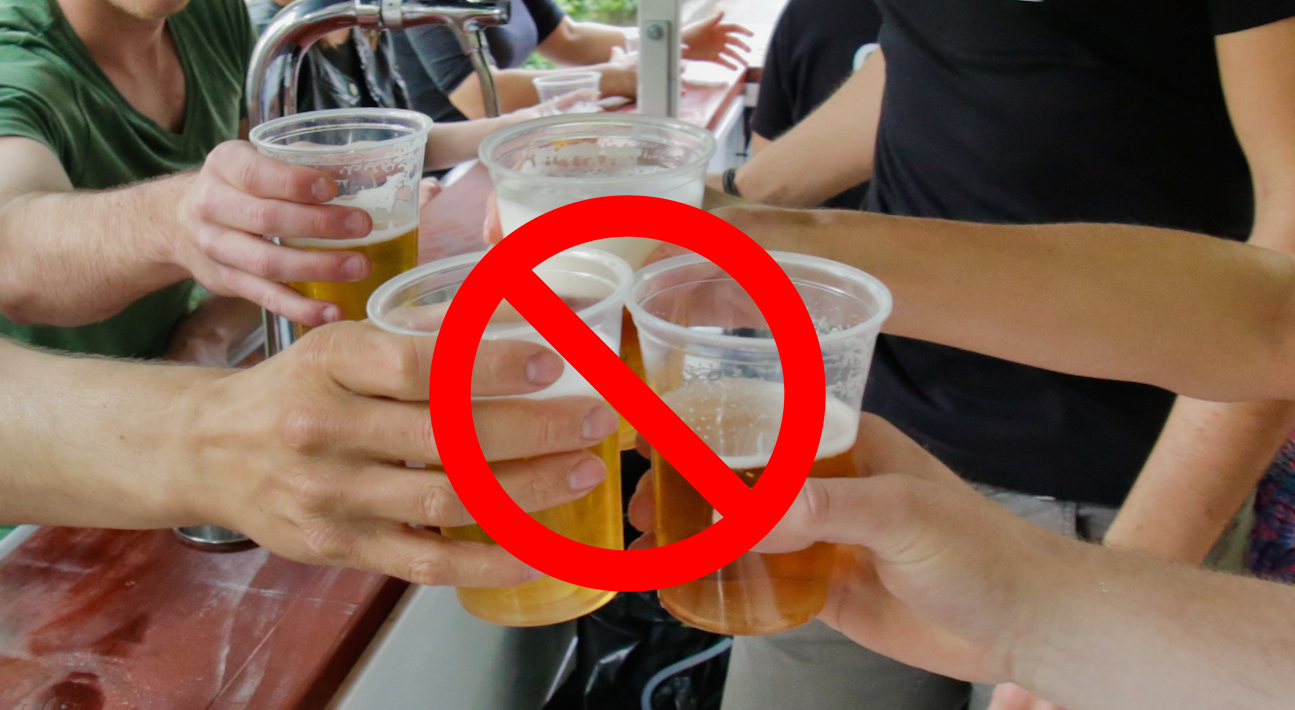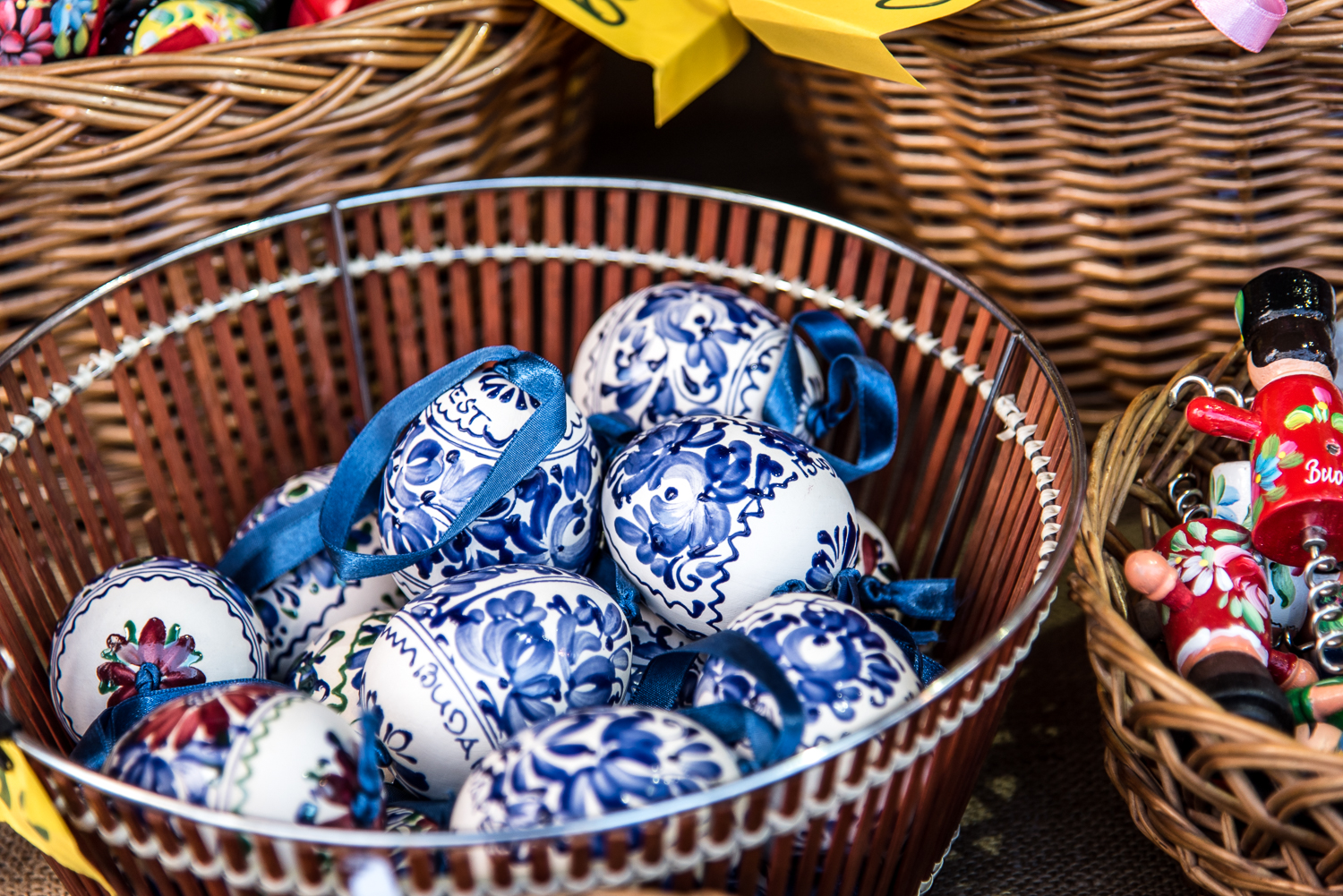Getting busted by public-transport ticket inspectors
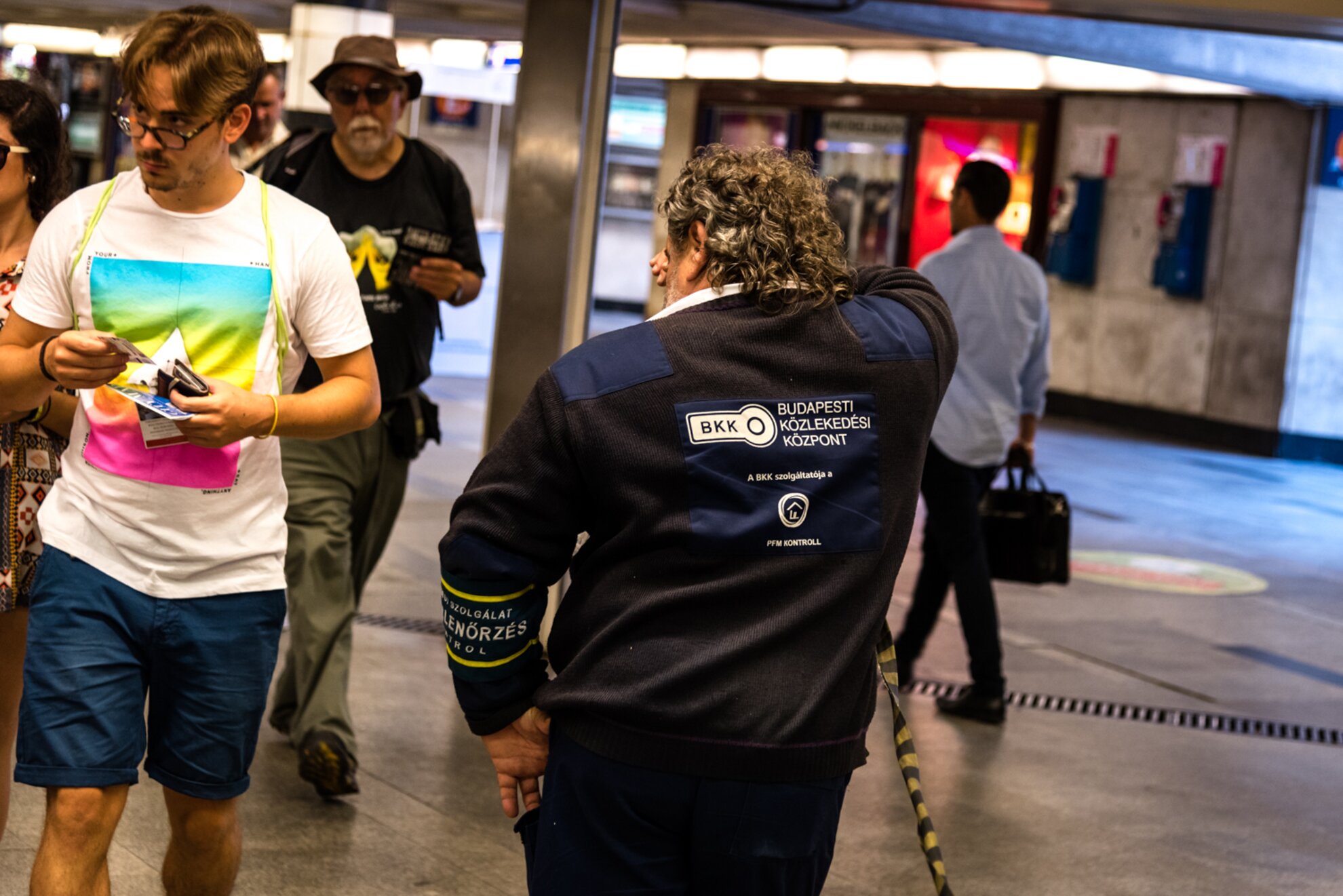
For many unfortunate visitors to Hungary’s capital, their first memories are of being stopped by Budapest’s public-transport ticket inspectors on their way into town from the airport, and after being giving surly directives in broken English, paying a hefty fine in freshly exchanged forints for not having a pass, or even improperly validating their pass. Deviously, the city’s mass-transit “kontroll” teams often target tourists because they are less likely to understand the archaic ticket-punching system that remains as Budapest’s communist-era commuter payment system, so it is well worthwhile to study up on the proper protocol before arriving here – check out this guide to Budapest’s public-transport ticket inspectors, and read this article about BKK basics to be fully prepared.
Mistaking tobacco shops as another type of… adult business
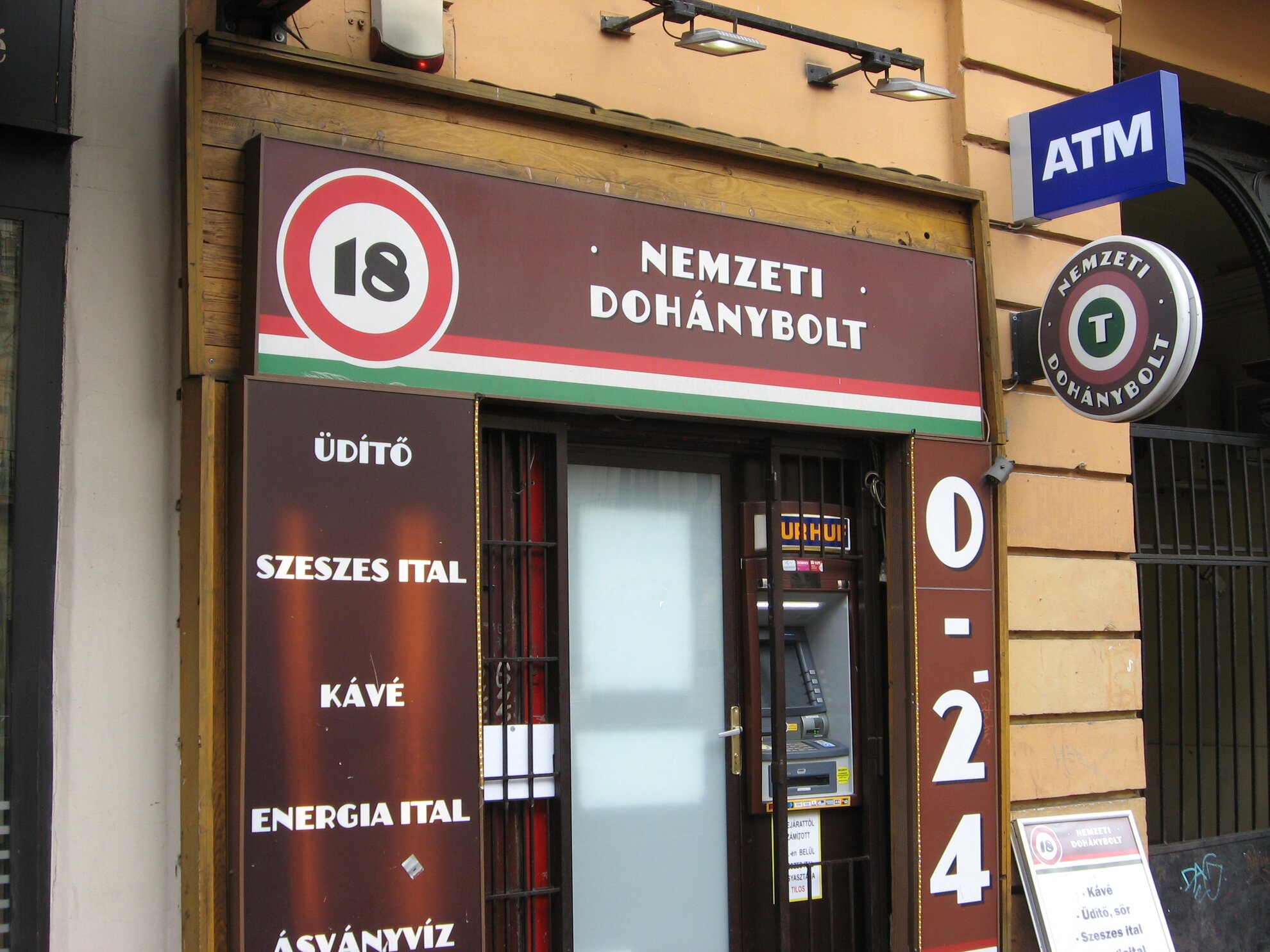
Tobacco aficionados are often stunned when they first arrive in Budapest and see no cigarettes for sale in shops, bars, or seemingly anywhere else. This doesn’t mean that Magyars banned smoking entirely (an unlikely prospect) – but a few years ago Hungary nationalized the retail-tobacco industry, prohibiting cigarette sales from anywhere other than designated “National Tobacco Shops”, all of which have the same logo and basic design. However, these shops’ blank white windows and giant “18” symbols often make them seem like another type of business catering to adults only, especially when there is no English text among their displays… but if you’re a newly arrived smoker in Budapest frantically searching for a fresh pack, don’t be shy about entering a “Nemzeti Dohánybolt”; there is (generally) no pornography inside.
Improperly tipping at bars, restaurants, hotels, and elsewhere
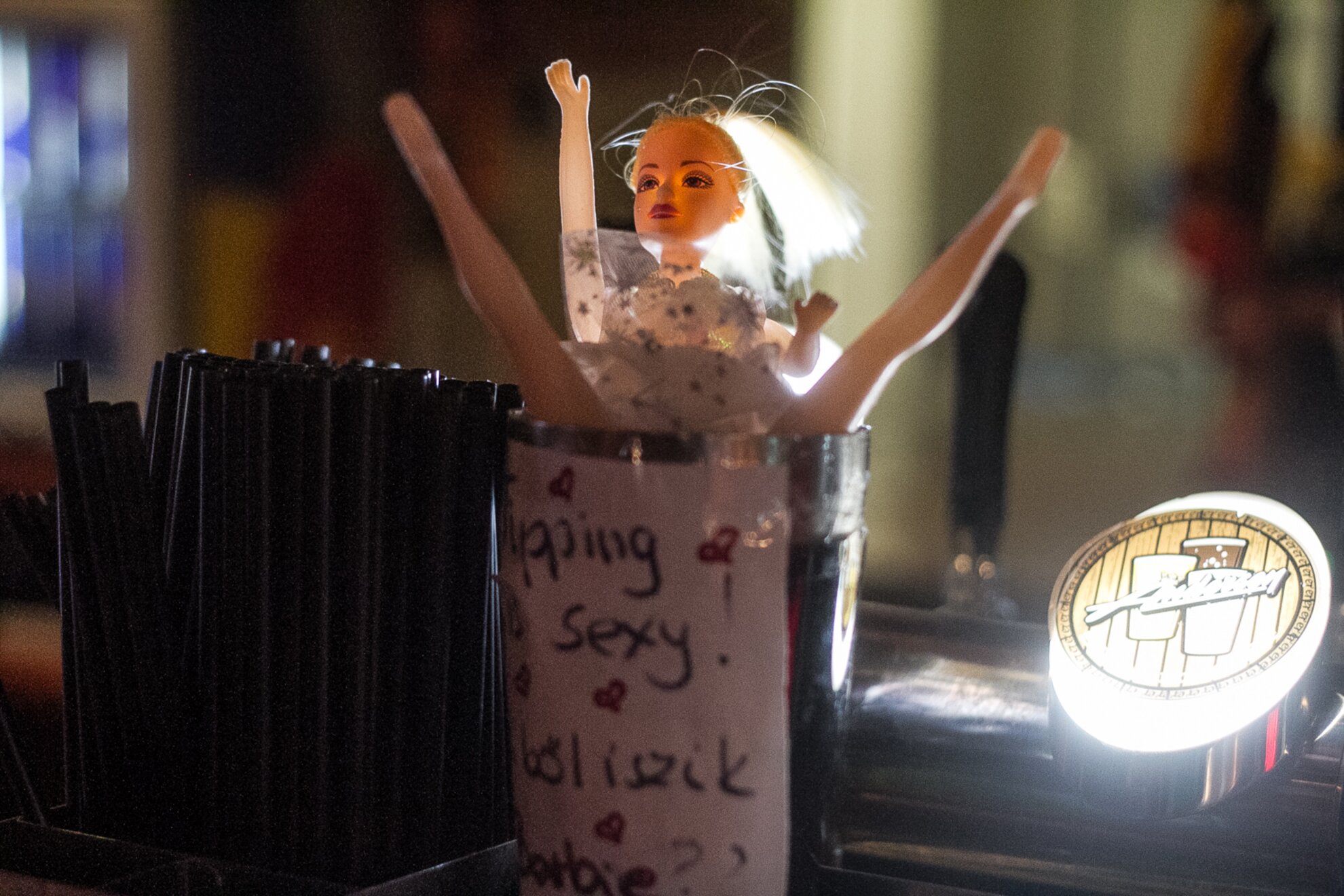
Every country has its own approach towards tipping service-industry employees; in the USA it is considered an insult to leave anything less than 15% of the bill’s total for a waiter, while bartenders in Great Britain will reject any sort of tip altogether. Here in Hungary there are several peculiarities that can make tipping tricky – gratuities are gratefully accepted but not expected, waiters are usually happy with a 10% tip, and most of the time bar patrons only round up to the next even number to provide a little something extra for their server. Some other unique situations apply here; for example, at Budapest’s thermal baths, it is considered polite to provide a coin for locker attendants. Learn all about proper gratuity protocols here with our comprehensive guide to tipping in Hungary.
Saying “cheers” by clinking beers
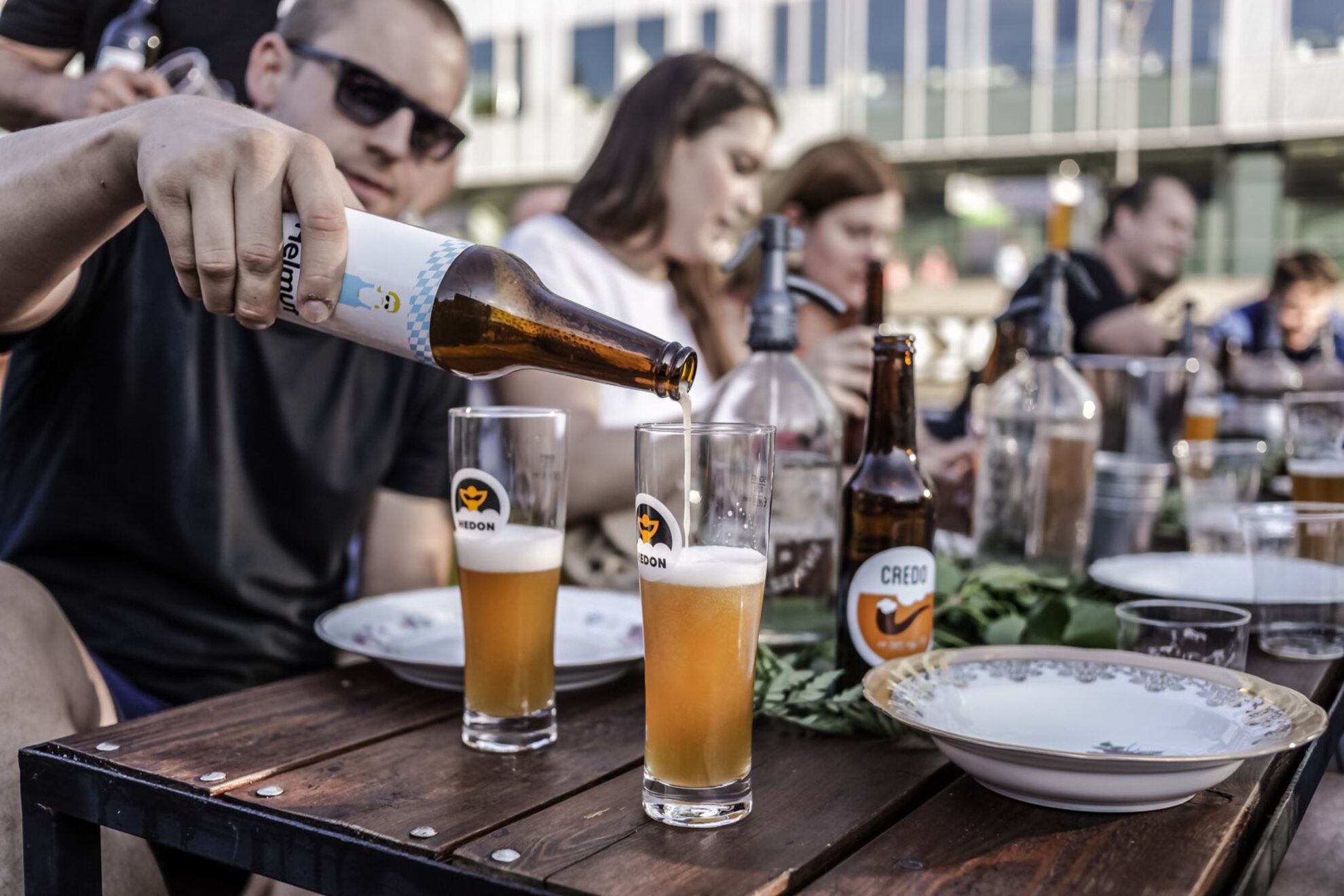
So you’ve arrived in Budapest, visited a pub, made some new Hungarian friends, and ordered a round of beers – everything is going great, but then when you decide to toast the evening by raising your glass toward the center of the table, instead of everyone else doing the same, you receive only stony looks. What gives? Well, many Hungarians consider clinking glasses of beer as an insulting taboo, even though it’s fine to clink a glass of beer with glasses of wine or any other alcohol. The reasoning behind this custom is muddled – it’s widely attributed to Hungary’s vanquished 1848 Revolution, when the conquering Habsburg officers were said to celebrate their victory by cheering while clinking steins of beer – but regardless of what’s behind it, this is now a deeply entrenched custom (or anti-custom) here, so if you are drinking beers among Magyars and want to say “cheers”, spare yourself a buzz-killing incident by only lifting your glass into the air right in front of you.
Taking a “ladies first” approach when entering a bar
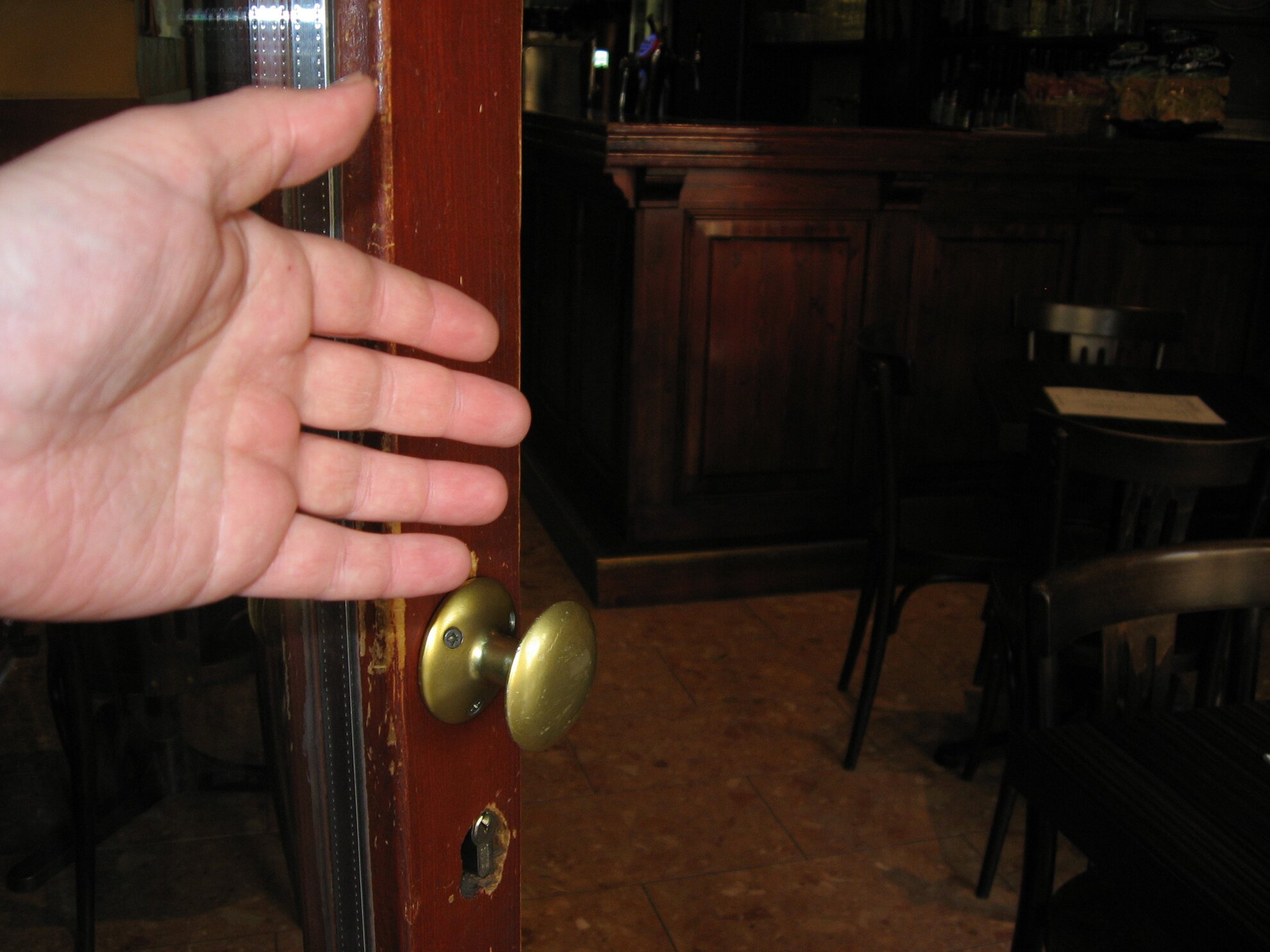
Many would-be gentlemen who are visiting Budapest are in for an unpleasant surprise if they are taking a Hungarian lady out to a pub or other public house and, following common custom in many other countries, try to be courteous by holding the door open for the woman to let her walk in first. This act will only score scowls here – in Hungary, the tradition is for the man to always enter public premises first. There is a practical reason for this: apparently Hungarian bars were considerably more hazardous in old times, and so if a man was accompanying a woman to a tavern, chances were fairly high that a brawl would be going on inside, and so the man should enter first to check the place and fend off any fisticuffs… and while Budapest’s bars are much less violent nowadays, this defensive ritual persists to this day.
Improper cheek-kissing protocol
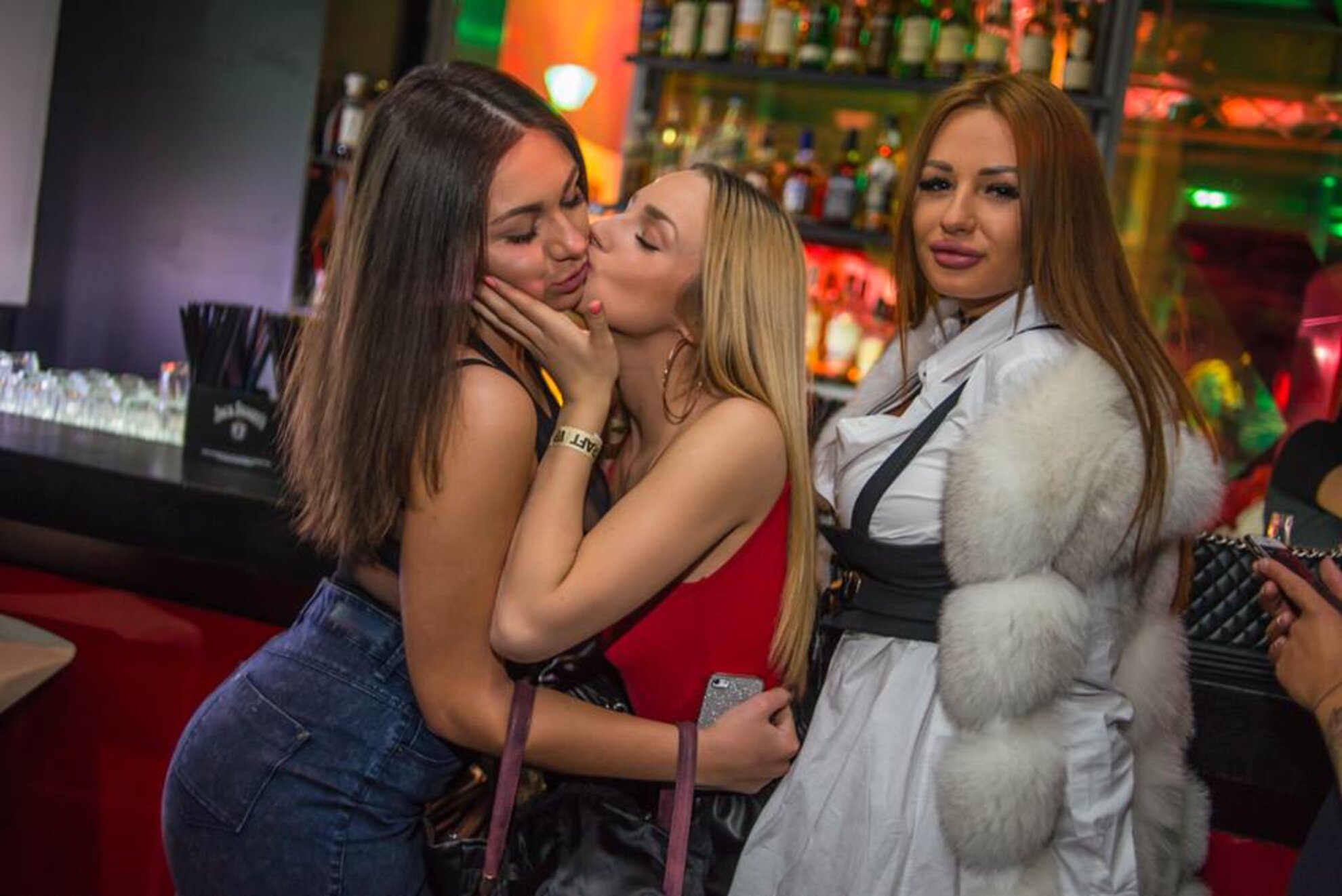
Greetings and farewells offered with cheek kisses are part of Europe’s cultural fabric, but not every Continental country approaches such peck exchanges in the same way, and Hungary certainly has a unique approach towards providing “puszi” (pronounced “poo-see”, not “pussy”, despite jokes you may hear to the contrary). First of all, while Hungarian women commonly exchange cheek kisses among men and other women, Magyar men usually only greet women this way; you may see two guys kissing each others’ cheeks here, but in that case they are almost certainly old friends. When leaning in for the “puszi”, always first aim toward your right (so that your left cheek touches your acquaintance’s left cheek), then pull back and, for the second kiss, aim toward your left so that the right cheeks touch. You don’t have to make any kissy sounds, and refrain from planting your lips on the cheek of your acquaintance; lip contact of any sort is really not necessary in this fun formality.
Getting ripped off when exchanging foreign currency for forints
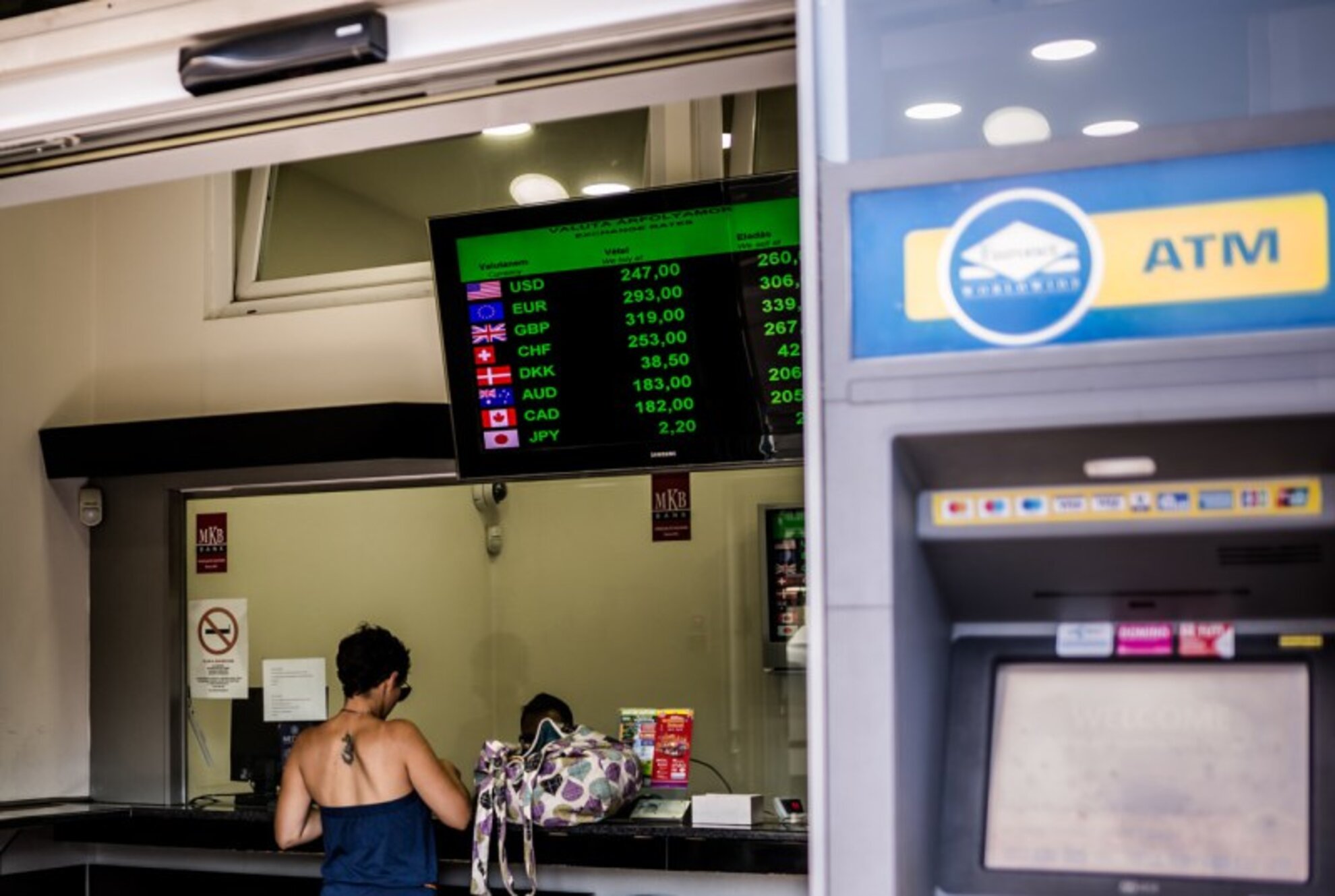
Hungary still has its own currency – the frequently fluctuating forint – and so almost everyone needs some of this colorful cash on hand when visiting Budapest, thus currency-exchange booths are omnipresent citywide. However, not all money-changing places are scrupulous enterprises, and so many tourists lose vast sums by paying exorbitant exchange rates, and may not even realize they’ve been ripped off. When approaching a currency-exchange booth, make sure to look at the current rates, which must be prominently posted on the premises – if the two numbers for the “buy” and “sell” rates are apart by more than a few forints, find a better place to change your cash… and never, ever accept any offers to exchange forints on the street. For more details about this, check out our comprehensive forint-exchange guide.
Mixing up Váci utca and Váci út
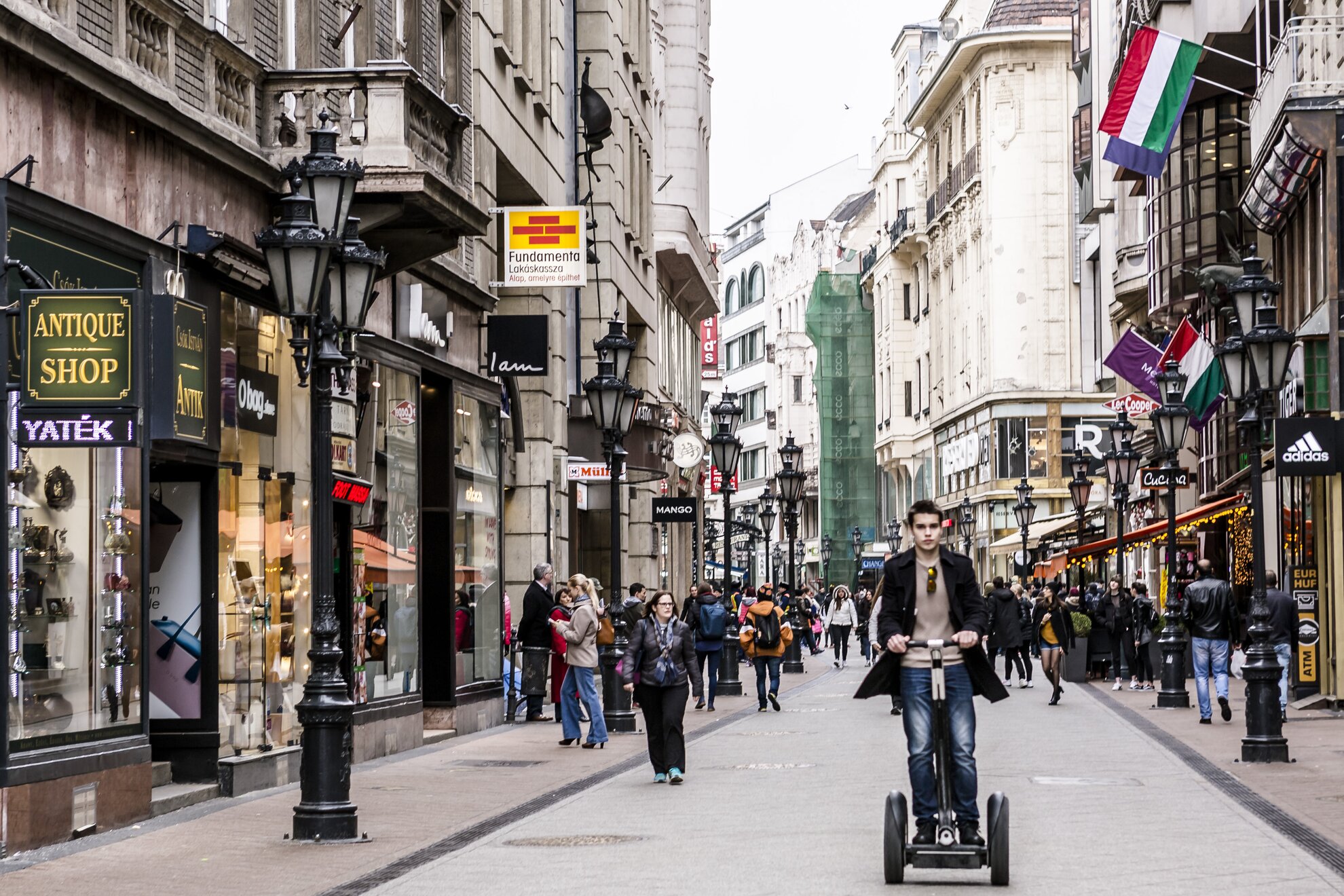
Running through the middle of downtown Pest, a historic pedestrian lane is lined with beautiful old buildings, souvenir shops, international clothing stores, and often-overpriced restaurants: this is Váci Street (“Váci utca” in Hungarian). Meanwhile, extending for many miles north of the city center beginning by Nyugati Station, a heavily trafficked multi-lane boulevard is lined with office buildings, mega-malls, and run-down worker’s apartments: this is Váci Avenue (“Váci út” in Hungarian). Do not mix up the two – “utca” and “út” are not interchangable, and woe be to the confused tourist who embarks on a long and doomed trek to find chic boutiques on Váci út.
Arriving as a houseguest empty-handed
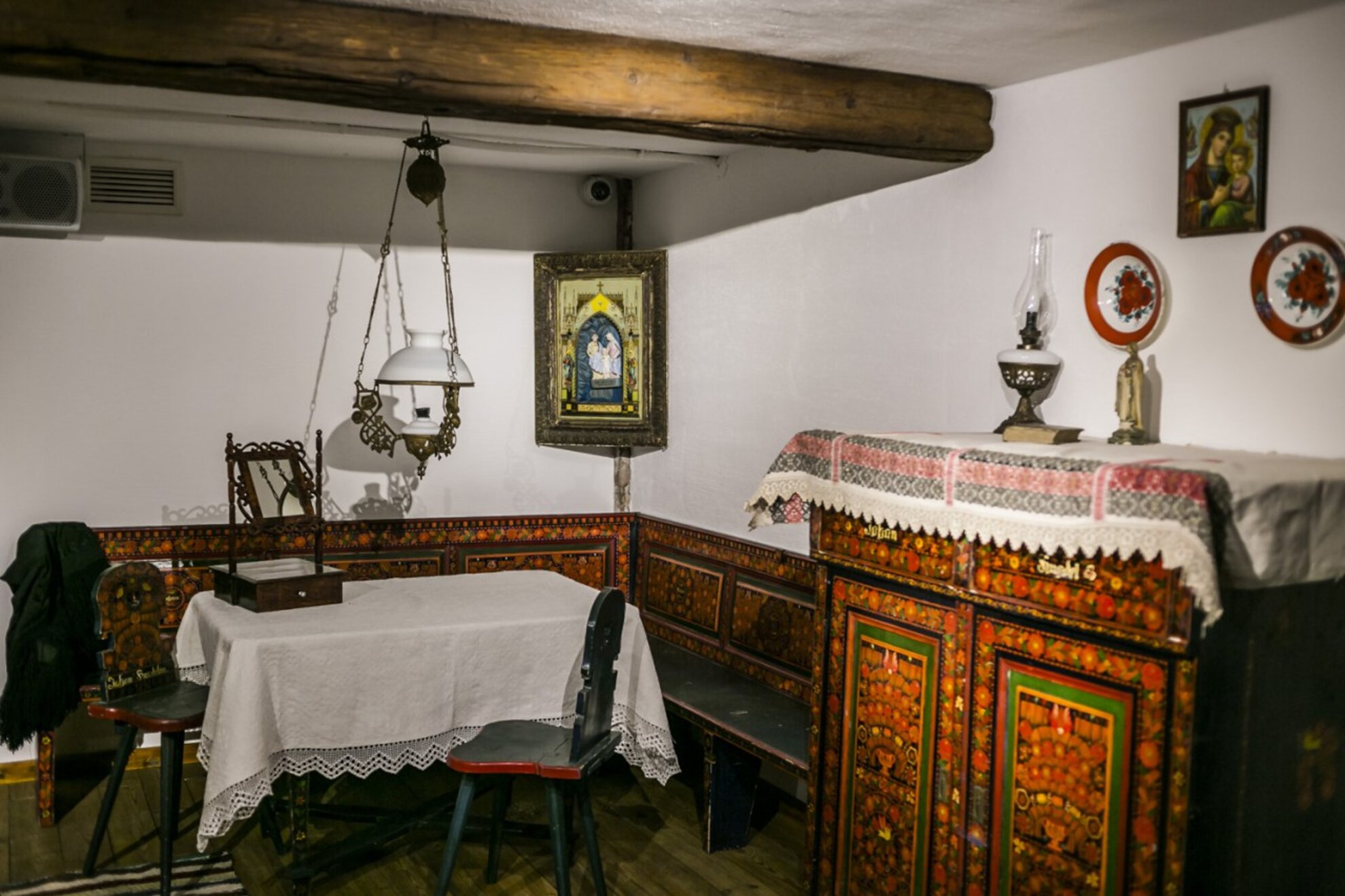
Hungarians take great pride in their hospitality, and so if you are invited to a local’s home for a meal or a stay, you can look forward to a delightful time of being treated to ample food, drink, and kindness (usually). It seems natural that such an invitation would inspire the guest to bring at least a little something to offer their host upon arrival, but in some cultures this is not always common – however, here in Hungary guests should never show up at the door empty-handed. More formal visitors bring flowers, while a treat from your home country would be deeply appreciated, but pretty much any selection of sweets or bottle of booze will suffice – even some candy bought from a gas station en route would be much better than nothing.
Refusing a shot of pálinka
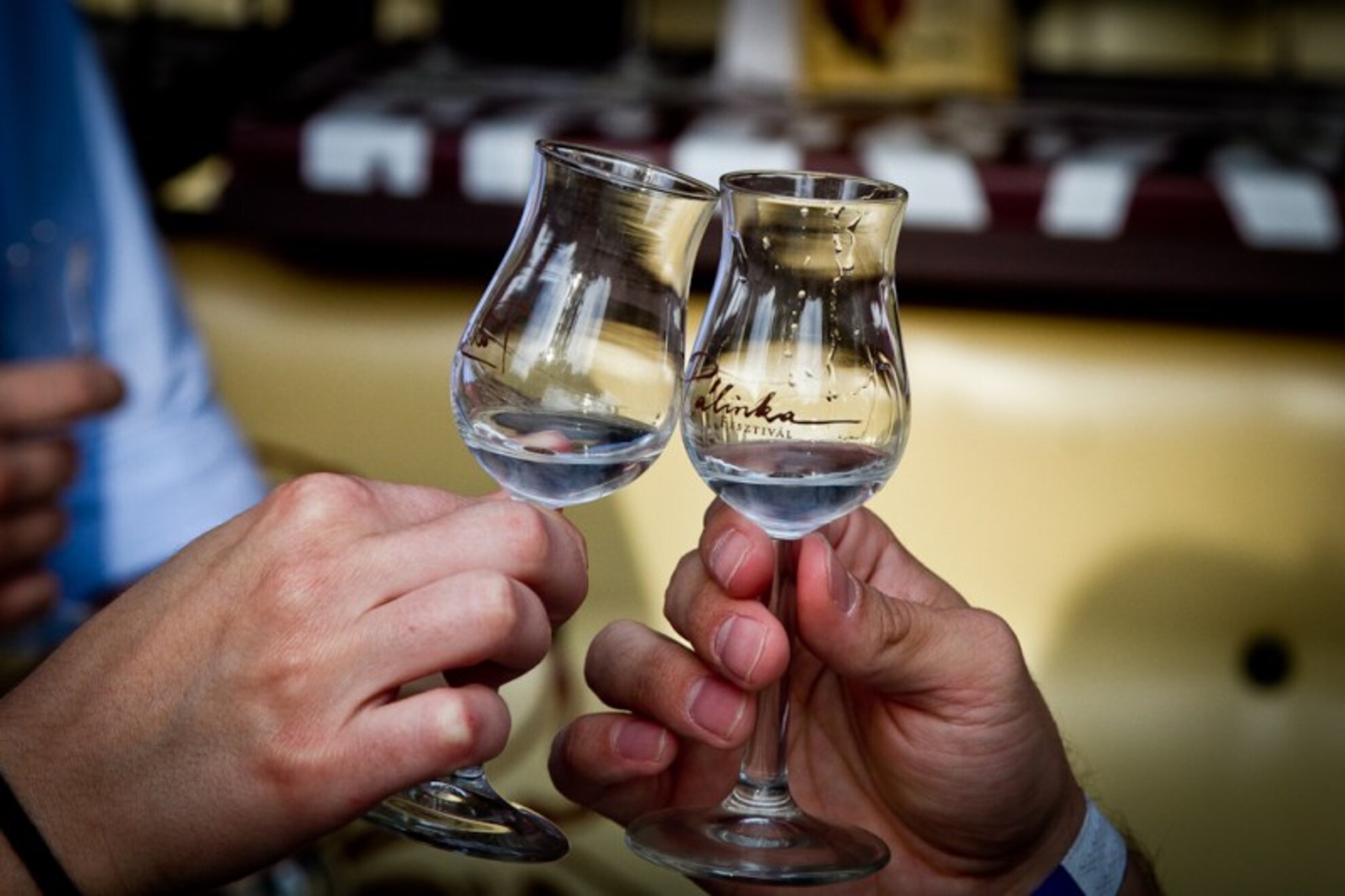
Following up on the last segment, many houseguests in Hungary are almost immediately offered a generous shot of pálinka (the country’s traditional brandy) as soon as they walk in the door, no matter what time of day it is. This beloved liquor is often produced with local fruit by the homeowner or a family member, and is proudly displayed in a beautiful bottle or ceramic vessel at a prominent place in the household. For alcohol aficionados, this is an especially enjoyable aspect of Hungarian hospitality, but for those who drink more rarely, the prospect of a strong shot early in the day may seem unappealing, and so they may feel like declining the kind offer… but even if you hardly ever drink at all, try at least a tiny sip for the sake of your proud host, because providing pálinka is an integral part of Hungarian hospitality– click here to learn more about it.
